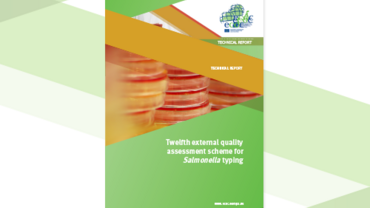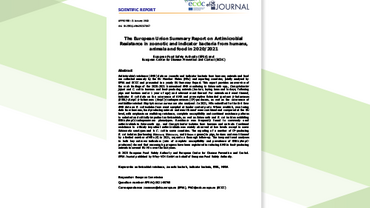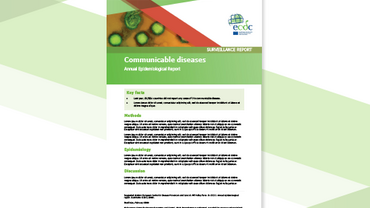Second external quality assurance scheme for Salmonella typing
Thirty-five laboratories of the Food- and Waterborne Diseases and Zoonoses Network (FWD-Net), among them 28 from EU/EEA countries, participated in the second international external quality assurance (EQA) scheme for the typing of Salmonella. The results of the study indicate that EU laboratories, on average, accurately type submitted samples, but there are a few remaining problems, mainly in the typing of H antigens. In addition, two EU laboratories produced serotyping results with a correct rate in the 40 to 50% range, misclassifying some of the more common serotypes.
Executive summary
ECDC’s external quality assurance (EQA) schemes are designed to identify areas for improvement in laboratory diagnostic and typing methods that are relevant for disease surveillance and to ensure the comparability of results between laboratories. In this scheme, the objective was to evaluate whether serotyping of Salmonella strains by different laboratories within and outside the European Union (28 laboratories are situated in the EU/EEA region) is carried out correctly and lead to similar results.
The results of the EQA scheme indicate that the testing laboratories, on average, accurately serotype Salmonella strains. There are a few remaining problematic areas, mainly in the typing of H antigens and comparability of antimicrobial susceptibility results – highlighting the continuous need for EQA schemes for Salmonella serotyping and the need to develop and implement standard antimicrobial susceptibility testing procedures and interpretation criteria across Europe.






